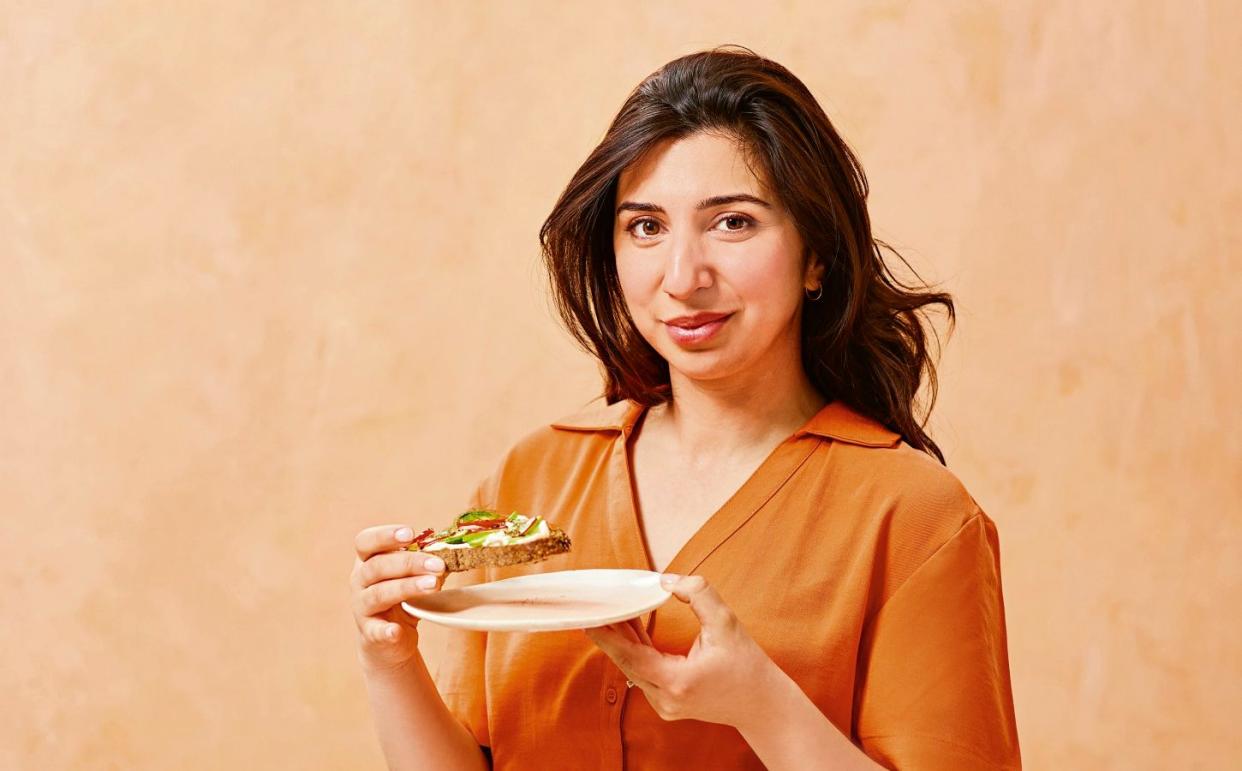‘What you choose to eat is the single most important factor affecting your long-term health’

I have been an NHS doctor for over a decade and, like millions of other doctors across the globe, I find myself prescribing a plethora of medications to treat conditions that are fundamentally a direct consequence of poor nutrition.
From obesity to type 2 diabetes and heart disease, the mortality and morbidity incurred because of a lifetime of ‘unhealthy’ eating patterns is utterly astounding. Most people do not realise that what they choose to eat is the single most important factor affecting their long-term health.
Although there is clearly a role for medications (and as a specialist registrar in gastroenterology, I am by no means suggesting that you stop taking them), the reality is that very few cure; some prevent decline, while others just ease suffering and control symptoms.
The biggest misconception of all is that you can prevent or cure all ill health with the contents of a pharmacist’s cupboard. Instead it can come down to what an individual puts on their plate, not just over a week, month or year, but over the course of a lifetime.
We now understand that the gut communicates with the rest of our body through the nervous system, the endocrine (hormone) system and our immune system, which means that taking care of our gut has an impact on virtually every cell and system in our body. A healthier gut leads to a healthier body and mind, and if you look after your gut, your gut will look after you.
We can learn a lot from the Nordic, Mediterranean and Japanese diets – the people who eat them typically live long, healthy lives. When you take a trip to southern Italy or Greece, the older people almost radiate health. They might look frail – no one is suggesting they’ve discovered the elixir of eternal youth – but internally they are running like well-oiled machines with very low rates of chronic illness. The core of their diet focuses on plants – seasonal, fresh and delicious. They don’t hold back on healthy unsaturated fats; olive oil gets drizzled over virtually everything, but animal protein consumption is low, as is the intake of red meat and eggs. Carbs are welcomed and celebrated.
Similarly, the Nordic diet relies heavily on locally sourced, sustainable, plant-based meals. Sea and lake fish, lean game meats and rapeseed oil (a monounsaturated fat similar to olive oil) also feature heavily. It focuses on whole foods, peas, cabbage and root vegetables; think plates of seared salmon with creamed barley and Savoy cabbage, rye bread, beetroot gravadlax. It’s enough to unleash your inner Viking.
The Japanese, meanwhile, have the lowest rates of obesity and highest life expectancies in the world, so they must be doing something very right. The diet is largely fresh and unprocessed with very little in terms of refined foods or sugar. Fruit and vegetables make up the bulk of each meal; five a day is the minimum, not the goal.
Three very different ways of eating, three diverse, rich food cultures, but one common result: healthy and long-living populations. It’s time to isolate some of the good stuff in these diets and introduce it into ours.
Including fruit and veg, whole grains, legumes, pulses, and seeds and nuts in your diet reduces the risk of developing a myriad of non-communicable diseases; there is even evidence that certain cancers could be avoided by building your diet around these five food groups.
Food is wonderful, joyous and sensory, evoking emotion and providing sustenance all in one. That is why it brings me endless pleasure to prescribe you these joyous recipes rather than a packet of pills.
The Kitchen Prescription by Dr Saliha Mahmood Ahmed is published on 30 March (Yellow Kite, £25)

